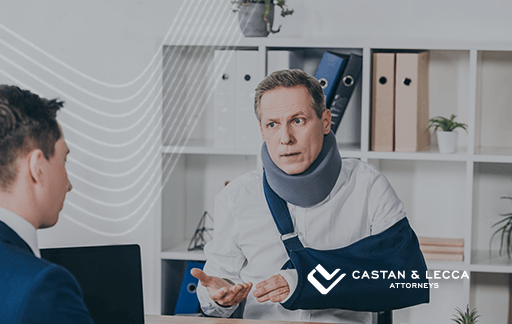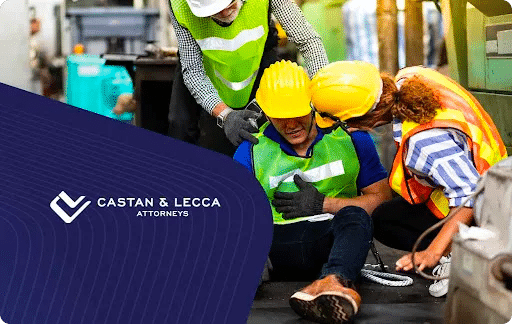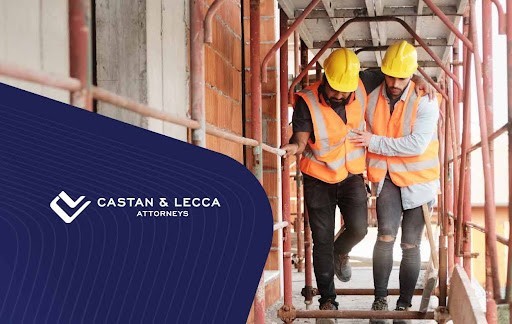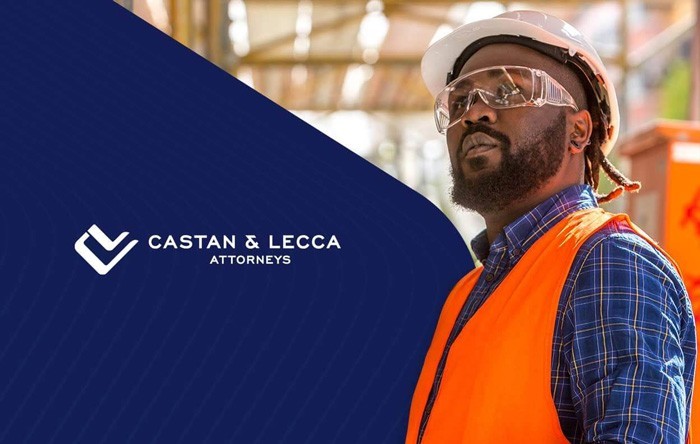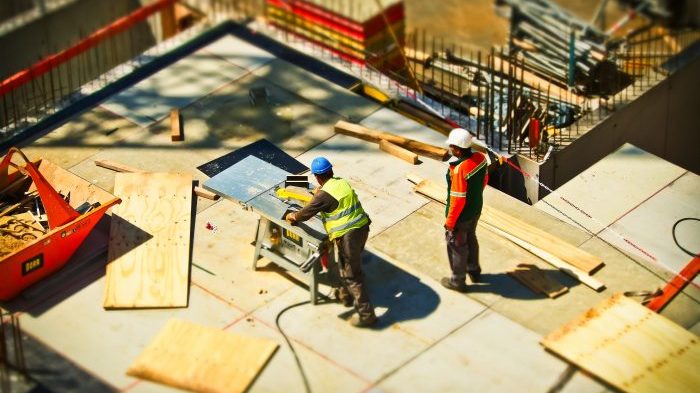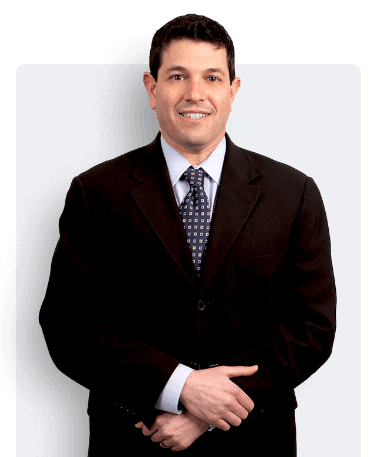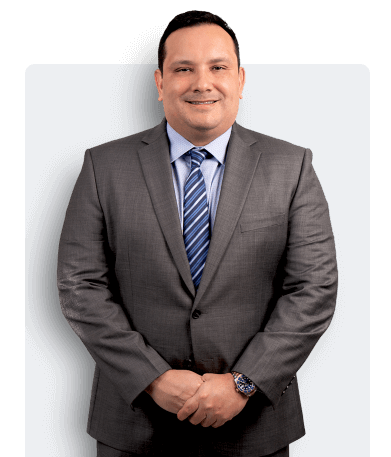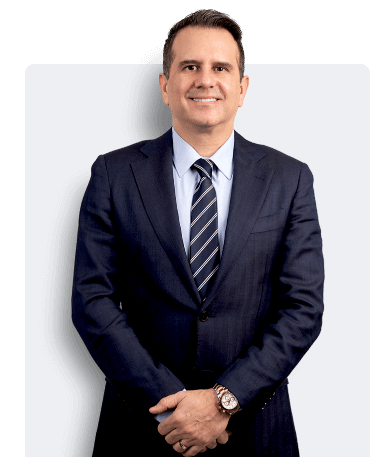WHAT BENEFITS CAN I RECEIVE AFTER A WORKPLACE INJURY?

If you are injured at work, the process following the accident can be challenging, especially if you don’t know how to support yourself and your family. But you should know that you may be entitled to receive workers’ compensation if you are injured on the job.
In these work cases, your employer’s insurance company isn’t fighting for you—even if your employer is! To ensure that you can get the compensation you need to fund your recovery and cover living expenses, you should be represented by a workplace injury attorney.
Every workers’ compensation case is different–because every worker is different and every injury is unique. Workers’ compensation law can be complex, so it’s important to have your rights represented so that you can recover without worry.
It’s important to know that the state of Georgia has a no-fault worker’s comp system. This means that as long as your injury happened on the job or was caused by your work activities, you do not need to prove that your employer caused your injury.
At Castan & Lecca, we can represent you in your workers’ compensation case. We have the expertise, the knowledge and the resources to ensure that you can get the compensation you need during this challenging time.
Because every workers’ compensation case can be complicated, it’s important to know the types of benefits you could be eligible to receive following an accident in the workplace. In this blog, we will cover the types of benefits employees can receive if they are injured on the job.
If you sustain a workplace injury, the workers’ compensation system is set into place so that you can cover medical and living expenses without worry. According to the Georgia State Workers’ Compensation Board, workers’ compensation is a state-run insurance program that is focused on paying workers who have been injured at work. Aside from the Georgia board, there is also the federal workers’ compensation program that the Department of Labor runs.
According to the state law, your employer is required to pay through this program. Benefits could include the following:
- Medical benefits
- Rehabilitation benefits
- Income benefits
All of these benefits could cover medical expenses like surgeries, procedures and therapies. Rehabilitation could include long term physical therapy you must undergo due to your injury. Income benefits are designed to cover any loss of income you might experience as a result of not being able to work.
Workers’ compensation benefits usually are categorized in four ways:
Temporary Partial Disability
Under TPD, you can receive two-thirds of the total difference between your weekly paycheck before the accident and after the accident. According to Justia Law, the employer shall pay the employee a weekly benefit that is equivalent to two-thirds of the difference between the average weekly wage before the injury and the average weekly wage the employee is able to earn thereafter. This should not exceed $450.00 per week for a period not exceeding 350 weeks from the date of injury.
Temporary Total Disability
Under TTD, you can receive two-thirds of whatever your weekly paycheck was prior to your injury. The amount you receive will not exceed $675 per week, but it must be more than $50. These benefits can last for up to 400 weeks, but if your injury was critical, you may be eligible to receive further TTD compensation. Critical injuries can range from damage to the brain, spinal cord, skull, or loss of a limb or loss of speech.
Permanent Partial Disability
PPD refers to a permanent partial disability that limits you to perform specific types of work. In the state of Georgia, you can also receive PPD when you have suffered “loss of use of body members or from the partial loss of use of the employee’s body.” These benefits are calculated based on the part of the body affected and your level of impairment.
Other Benefits
Medical Treatment
In addition to compensating for lost wages, worker’s comp will also cover all medical treatment related to the injury or illness as authorized by your doctor. All authorized bills, (including but not limited to doctor, hospital, physical therapy bills, or prescriptions) could be covered by your workers’ compensation.
In addition to bills, necessary travel expenses if the injury or illness was caused by an accident on the job. You may also be entitled to medical and vocational rehabilitation. If your injury is catastrophic in nature, you may be entitled to lifetime medical benefits.
The number of weeks of lost wages you are eligible for depends upon the nature of your injury, but for most medical benefits, the maximum benefit period is 400 weeks.
Benefits if You Experience the Loss of a Limb
According to the state of Georgia, you will receive benefits based upon an amount set by law. For instance, if you lost an arm or leg while on the job, you will receive benefits for 225 weeks.
If determined by a physician that you can no longer use part of your body, you may also be eligible for benefits.
Death Benefits
In the case of accidental death, your spouse or children are typically eligible to receive death benefits. The application process, however, can be extremely difficult or even require litigation. You will want to meet with a worker’s compensation lawyer quickly to guarantee your legal rights are protected.
The Takeaway
If you’ve been injured on the job, what are your next steps? Here is our quick guide to help you start the workers’ compensation process:
- Report the workplace accident to your supervisor as soon as you can
- Seek medical attention for one of your employer’s listed healthcare providers
- Call us at Castan & Lecca for a free consultation of your case: 770-800-7000
Getting injured on the job doesn’t have to be a harrowing experience. You can secure the benefits you need so that you and your family are provided for. Call us today. We want to hear your story.



